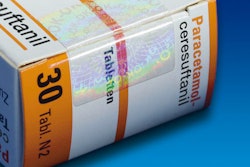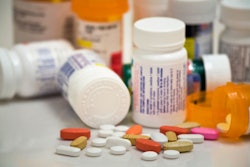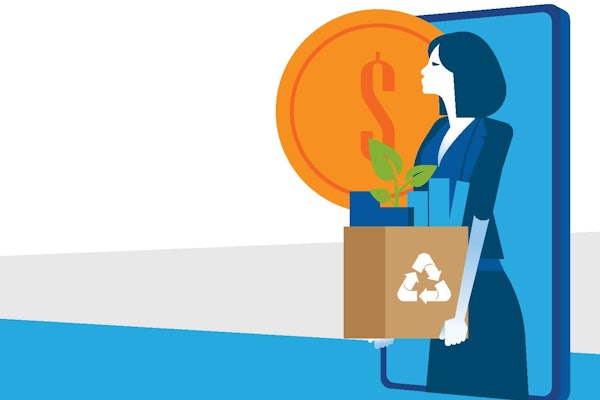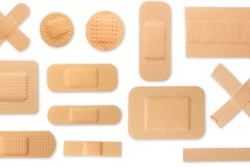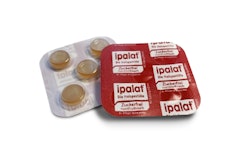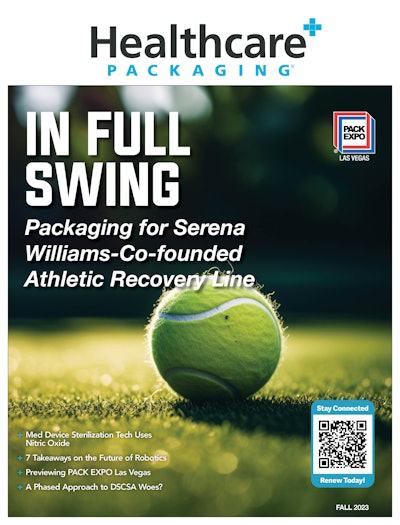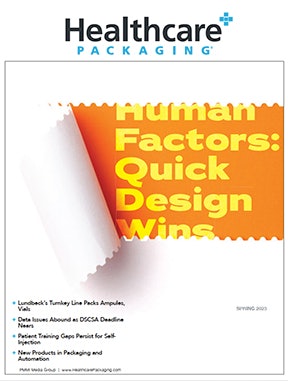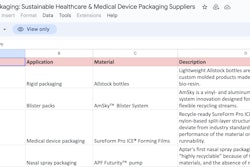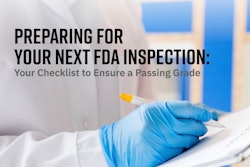
The U.S. Food & Drug Administration, which has rejuvenated its enforcement program in a variety of ways, has issued 22 Warning Letters to operators of Web sites the agency claims are selling drugs that are unapproved or misbranded to people in the U.S.
It's a much more complicated world trying to regulate Internet businesses that ship products directly to consumers than regulating domestic operations that have discrete physical locations. Though “Canadian pharmacies” are a popular online destination, the FDA notes that none of the Web sites in this crackdown are in Canada, or in the U.S.
This action follows a warning to consumers against buying bogus H1N1 (swine flu) vaccine products. “FDA recently purchased and analyzed several products represented online as Tamiflu (oseltamivir), which may pose risks to patients,” said an FDA news release. The FDA actually ordered the products offered, and “one of the orders, which arrived in an unmarked envelope with a postmark from India, consisted of unlabeled, white tablets taped between two pieces of paper. “When analyzed by the FDA, the tablets were found to contain talc and acetaminophen, but none of the active ingredient oseltamivir,” says FDA.
Consumers increasingly have turned to the Internet for medical products, just as they have for all other types of products. Internet sources often offer lower prices and even products that are not permitted for sale in the U.S.
Many of the drugs sold via Internet sites are from illegal pharmacies, says the FDA. The range of violations alleged to have been committed is seemingly endless, from marketing unapproved products such as herbal alternatives to well-known prescription drugs or drugs that have not been granted FDA clearance, to making unapproved claims of effectiveness for approved products to selling counterfeit products that simply are not what they claim to be, among others.
FDA commissioner Margaret Hamburg said, “Unfortunately, these drugs are often counterfeit, contaminated, or unapproved products, or contain an inconsistent amount of the active ingredient. Taking these drugs can pose a danger to consumers.”
So the FDA sent these Web sites Warning Letters, but then it also “notified Internet service providers and domain name registrars that the Web sites were selling products in violation of U.S. law,” says an FDA news release.
The agency did this because FDA says the Internet Service Providers and domain name registrars might have contractual grounds to close down the operations, in addition to any further actions the FDA might take.
These letters reflect the multifaceted system of regulatory controls that oversee drug marketing. In typical fashion for letters of this type, one of the Warning Letters tells that the recipient is selling unapproved prescription drugs, which the FDA says it has found “do not have the same assurance of safety and effectiveness as drugs subject to FDA oversight,” which encompasses standards for drug approval for marketing, label review for “accuracy and completeness,” and “manufacturing procedures and testing performed under closely controlled conditions at FDA-registered and inspected facilities.” But it also notes that “pharmacists and wholesalers who sell or distribute prescription drugs in the U.S. are licensed by the states,” and the recipient is not.
These Warning Letters, and any FDA follow-up enforcement actions that may follow, are only part of the agency's program to attack this problem. The FDA also wants to educate the public about the dangers of buying drugs and medical devices over the Internet, and making splashy announcements about these Warning Letters helps do that.
The agency is working with foreign law enforcement efforts to attack foreign-based operations, going after them with criminal actions in some cases. FDA is also working closely with U.S. import officials to try to head off imports of illegal pharmaceuticals before they enter the U.S.
-By Eric Greenberg, Attorney-at-Law
It's a much more complicated world trying to regulate Internet businesses that ship products directly to consumers than regulating domestic operations that have discrete physical locations. Though “Canadian pharmacies” are a popular online destination, the FDA notes that none of the Web sites in this crackdown are in Canada, or in the U.S.
This action follows a warning to consumers against buying bogus H1N1 (swine flu) vaccine products. “FDA recently purchased and analyzed several products represented online as Tamiflu (oseltamivir), which may pose risks to patients,” said an FDA news release. The FDA actually ordered the products offered, and “one of the orders, which arrived in an unmarked envelope with a postmark from India, consisted of unlabeled, white tablets taped between two pieces of paper. “When analyzed by the FDA, the tablets were found to contain talc and acetaminophen, but none of the active ingredient oseltamivir,” says FDA.
Consumers increasingly have turned to the Internet for medical products, just as they have for all other types of products. Internet sources often offer lower prices and even products that are not permitted for sale in the U.S.
Many of the drugs sold via Internet sites are from illegal pharmacies, says the FDA. The range of violations alleged to have been committed is seemingly endless, from marketing unapproved products such as herbal alternatives to well-known prescription drugs or drugs that have not been granted FDA clearance, to making unapproved claims of effectiveness for approved products to selling counterfeit products that simply are not what they claim to be, among others.
FDA commissioner Margaret Hamburg said, “Unfortunately, these drugs are often counterfeit, contaminated, or unapproved products, or contain an inconsistent amount of the active ingredient. Taking these drugs can pose a danger to consumers.”
So the FDA sent these Web sites Warning Letters, but then it also “notified Internet service providers and domain name registrars that the Web sites were selling products in violation of U.S. law,” says an FDA news release.
The agency did this because FDA says the Internet Service Providers and domain name registrars might have contractual grounds to close down the operations, in addition to any further actions the FDA might take.
These letters reflect the multifaceted system of regulatory controls that oversee drug marketing. In typical fashion for letters of this type, one of the Warning Letters tells that the recipient is selling unapproved prescription drugs, which the FDA says it has found “do not have the same assurance of safety and effectiveness as drugs subject to FDA oversight,” which encompasses standards for drug approval for marketing, label review for “accuracy and completeness,” and “manufacturing procedures and testing performed under closely controlled conditions at FDA-registered and inspected facilities.” But it also notes that “pharmacists and wholesalers who sell or distribute prescription drugs in the U.S. are licensed by the states,” and the recipient is not.
These Warning Letters, and any FDA follow-up enforcement actions that may follow, are only part of the agency's program to attack this problem. The FDA also wants to educate the public about the dangers of buying drugs and medical devices over the Internet, and making splashy announcements about these Warning Letters helps do that.
The agency is working with foreign law enforcement efforts to attack foreign-based operations, going after them with criminal actions in some cases. FDA is also working closely with U.S. import officials to try to head off imports of illegal pharmaceuticals before they enter the U.S.
-By Eric Greenberg, Attorney-at-Law

